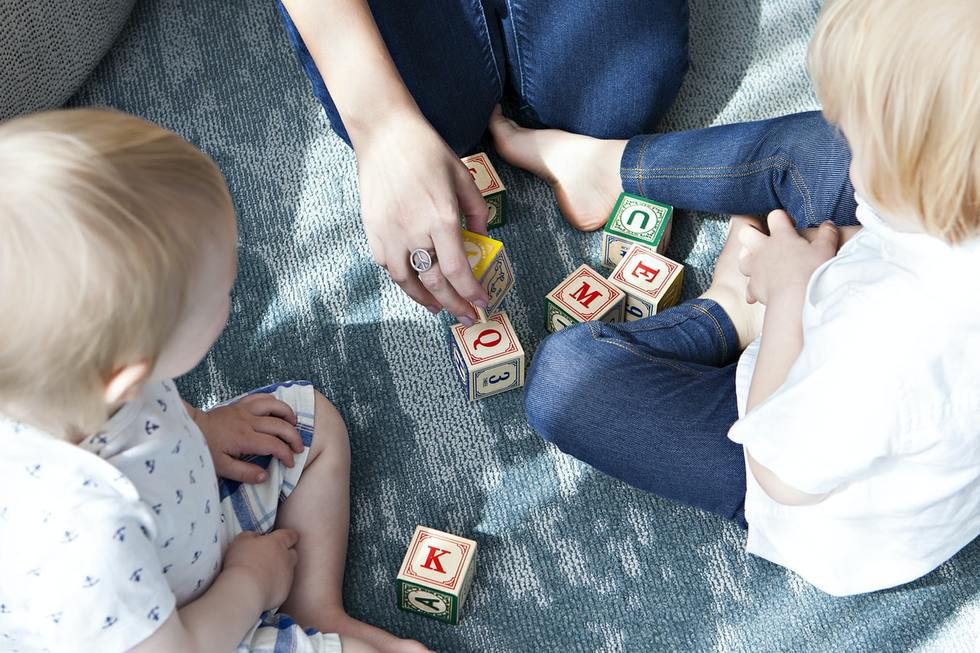Equality is a noble concept and one that many people turn to when deciding how to divide up their estate. There are many circumstances in which equal distribution of assets among beneficiaries is the right choice, but there are some cases where identical inheritances do not make the most sense. In such situations, the difference between what is equal and what is fair is obvious. Let us take a look at an example of each:
Equal Division
Equal division makes the most sense if you have kids and all are at similar places in their lives, have received similar emotional and financial support from you in the past, and are each responsible and capable of managing their individual inheritance. Equal division is obvious and easy.
Fair Division
In a different scenario, say you have three kids, but the youngest is still in high school. You paid for your oldest to attend a four-year college and he is now a successful accountant with his own home. Your middle child has opted to go to trade school instead, his job was eliminated because of the Covid-19 pandemic and he is struggling to find employment. Here, evenly distributing your estate might not end up being truly equitable. If you gave one child more money during their lifetime, equal distribution of your estate could lead to tension – siblings who have not yet received as much financial support as others, and now struggling, may feel slighted.
Planning for Division
While it is important to consider the feelings of your loved ones when dividing your assets, you have the right to do what you wish with your estate. When perceived inequality is a concern, it may help to talk to an attorney about your options.
An experienced estate planning attorney can help you craft a custom plan that will carry out your goal of supporting each beneficiary in the specific way each needs. In many cases, if you make a decision today and want to change it in a few years as your beneficiaries’ lives change, we are here to help. Of course, people’s needs will change over time, and it is just as important that you update your estate planning to reflect these changes.
One thing you should avoid? Putting off your estate planning. Failing to spell out your wishes ahead of time will cause your estate to be decided by a judge. In such cases, assets are typically divided equally and distributed outright. If this is not the outcome you want, it is crucial you have an estate plan in place. Left to chance, your loved ones could be caught in probate, battling for what they feel is their deserved inheritance.
There are many factors to consider when dividing your assets, but simply making the choice to move forward with an estate plan is a great start. Feel free to give us a call at (206) 926-9848 to set up a meeting. We are here to help you determine the best way to accomplish your goals–whether they be fair or equal–for distributions to leave to your beneficiaries.











